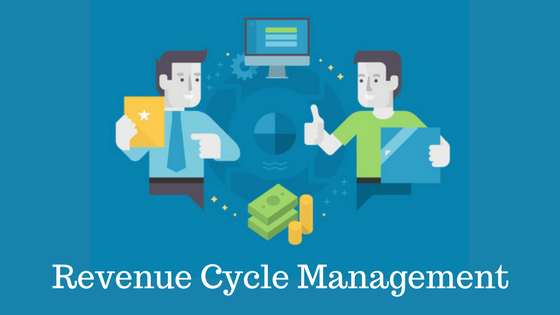RCM or Revenue Cycle Management is the process of filing claims, processing payments, and increasing revenue in the health care sector. The process begins once a patient books an appointment to when payment is made to the service provider. It involves several steps, including inspecting insurance eligibility and coding claims of each patient. Engaging RCM vendors are helpful as they offer RCM coding and billing services.
Healthcare providers are always at the forefront of upgrading the quality of care offered at their facilities. However, the major setback is reimbursements and collections. Limited financial automation tools and scarcity of resources are always a big blow as they are forced to use conventional methods. Such methods in revenue cycle management make it hard to predict future expenses and identify revenue-generating opportunities. As a result of such factors, managing an account becomes cumbersome.
Healthcare Institutions Struggle with Bad Debts
According to the experts, over a third of the health system enters into bad debts worth over 10million dollars each year. The situation is gradually getting out of hand since a lot of money gets lost due to unpaid bills, not to mention the underpaid claims. This is where revenue cycle management providers come in. They shoulder the burden of revenue collection. This leads to revenue collection since they have in-depth knowledge about the entire process.
Revenue cycle management providers eliminate delays and seal revenue collection loopholes. Below is the entire revenue collection process:
- Evaluating patient eligibility and filing an insurance claim
- Carrying out healthcare coding and billing processes
- Preparing patients claims and following-up the process
- Payment posting
- Managing insurance claim denial
- Account follow-ups
- Patient statements
- They report and carry out an assessment
RCM in healthcare is a crucial process that helps in streamlining operations, ensuring that there are steady collections, thereby making the healthcare expert’s financially stable. Let’s look at the importance of revenue cycle management in healthcare.
Good Patient Experience
A flawless revenue cycle management speeds up the process. It eliminates all complexities and streamlines the system. This eases the administrative burden creating more time for healthcare providers to concentrate on their respective roles. Besides, the patient treatment process is completed successfully, and timely payments are made.
Lowers the Administrative Burden
Managing a health facility is a demanding task that requires full attention. But things get even more complicated when you have to divert your attention to other tasks such as medical coding and billing. However, healthcare facility managers seek quality RCM services from vendors to create time to handle their administrative duties.
Helps to Eliminate Errors and Redundancy
If people with little know-how carry out the process, many mistakes are likely to happen. This causes delays and claims denial. However, healthcare billing plus revenue cycle management helps avoid errors and avoid delays in the system.
Simplified Process
Revenue cycle management plus automation eases back office and front desk office processes. This, in turn, improves the planning process, coding, billing, and payment process. You’ll witness operational efficiency in the long run, making it possible for healthcare providers to hit their revenue targets.
